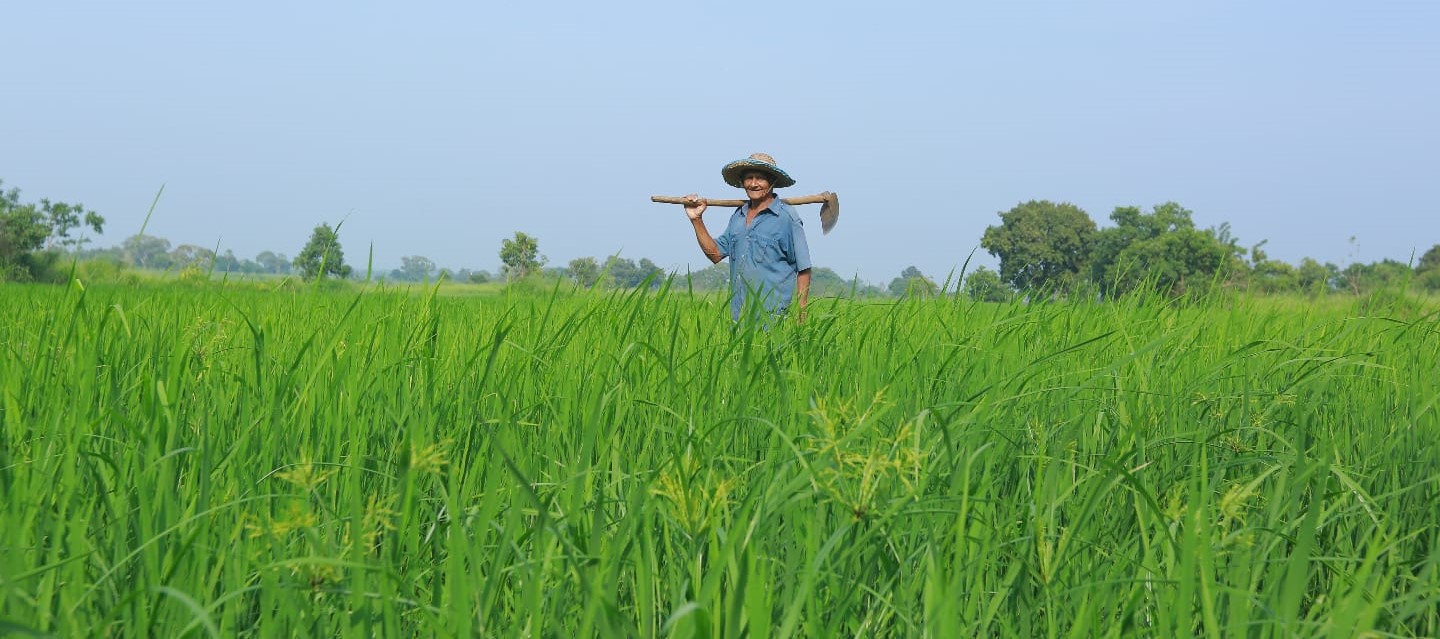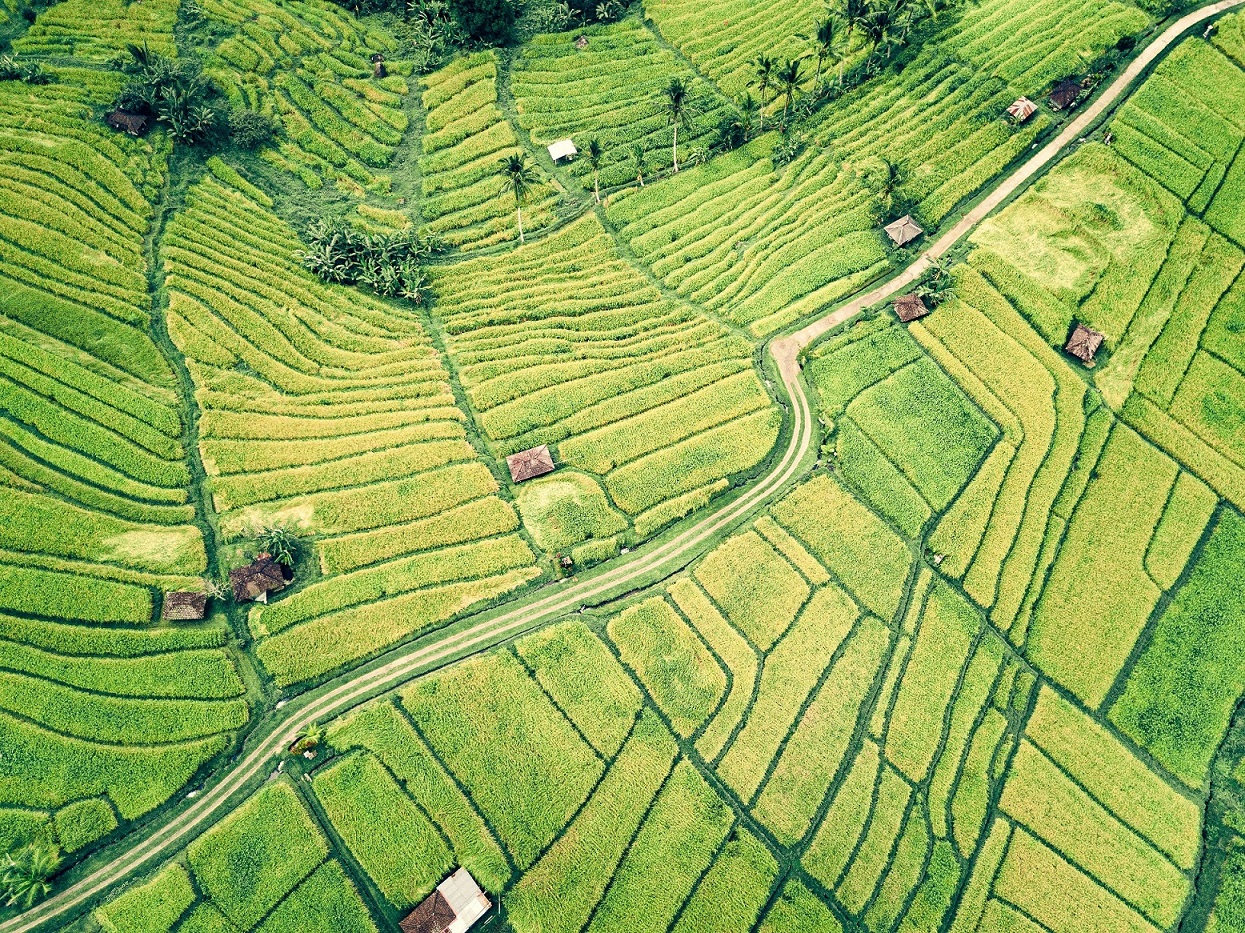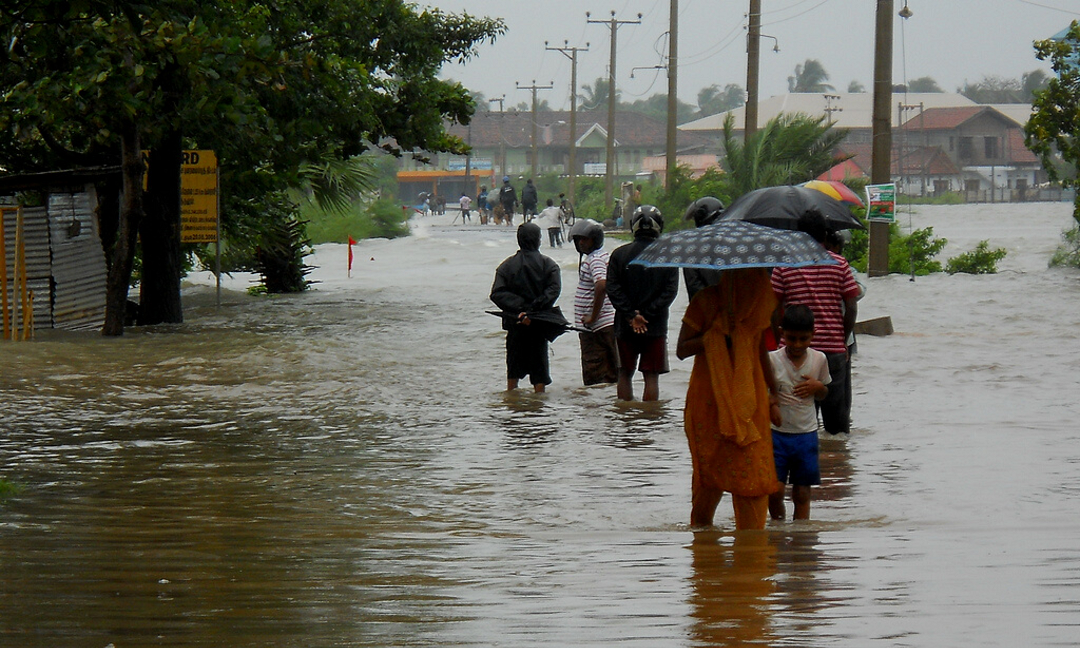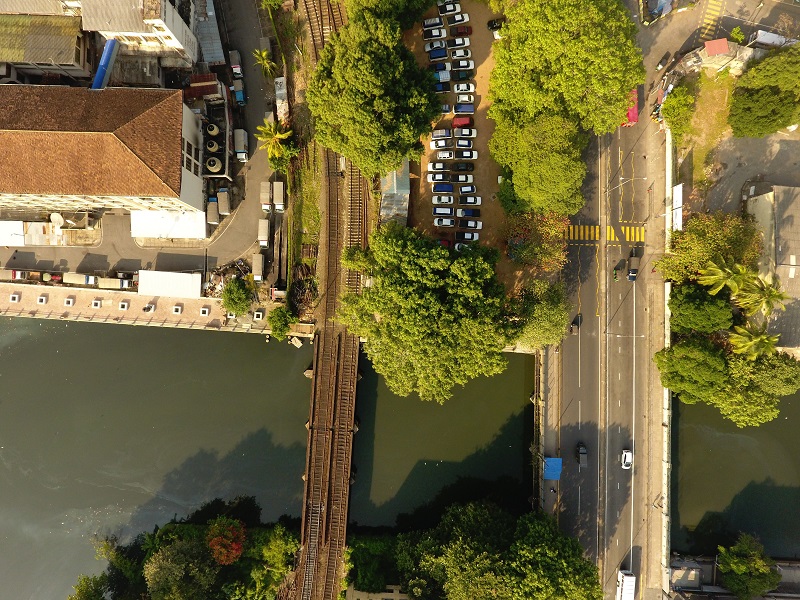Inclusion is critical to effective climate action, ensuring diverse voices shape policies and strategies that build resilience, equity, and justice across all communities and governance levels.
Climate change presents a critical challenge to the planetary environment and security and is increasingly considered a threat multiplier. This includes climate change interlinking with aspects such as human security, conflict risk, fragility, internal and transboundary migration, energy security, and other sectoral security issues, including food, water, and biodiversity security.
SLYCAN Trust's work programme on this nexus aims to create strategic engagement spaces and mobilize evidence towards an enhanced understanding of relevant overlaps, synergies, and trade-offs as well as approaches for cross-sectoral resilience-building that are economy-wide and geographically inclusive. The work explores systems dynamics of climate change and security with other components such as energy, technology, food, land, water, and biodiversity to amplify the number and potential impact of innovative solutions in this area.
Under SLYCAN Trust's work programme on the climate-security nexus, the following aspects have been identified as critical intersections of climate impacts, conflict, security, and climate action:
• Integration of climate-security considerations into global governance frameworks and multilateral processes at global and regional level and identification of synergies between work related to the UNFCCC process and processes related to security and peace, including the impacts of approaches for climate resilience-building on security as well as measures for enhanced security on climate policy and action, such as scaling up climate action and the need for enhanced means of implementation.
• Identification of effective approaches for balancing adaptation, mitigation, and climate risk management needs with security priorities and building sustained and long-term resilience, including energy security, food security, and water security.
• Mobilization of evidence on the intersections between climate change and social, political, economic, and environmental stressors and security considerations.
Interactions between climate finance, the global financial architecture, and challenges faced by developing countries to build stability, reduce vulnerabilities, and support conflict prevention.


.png)



.jpg)








